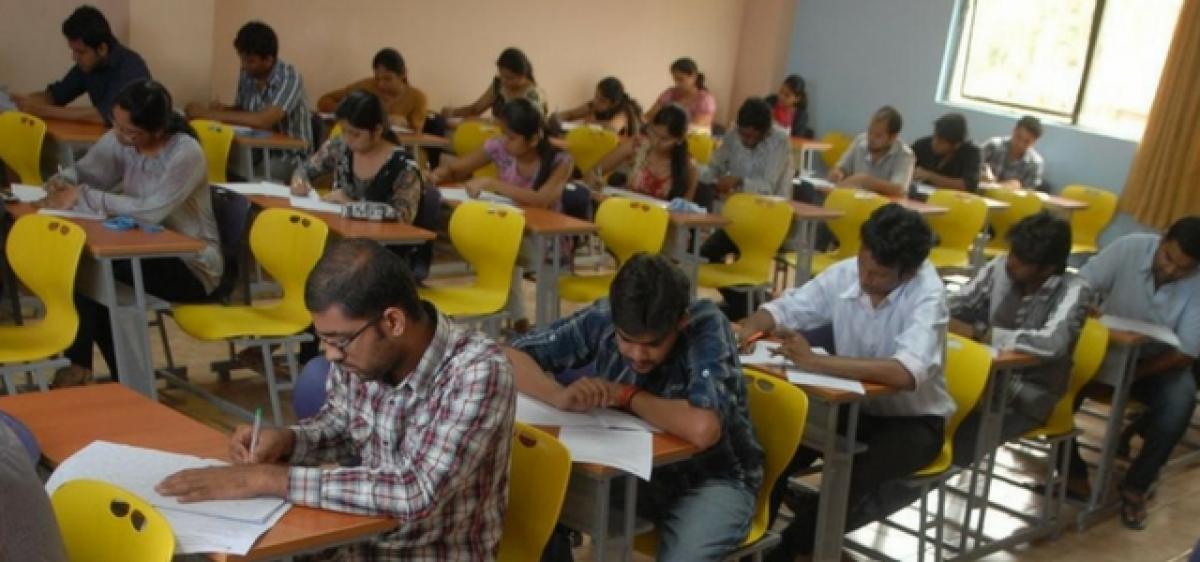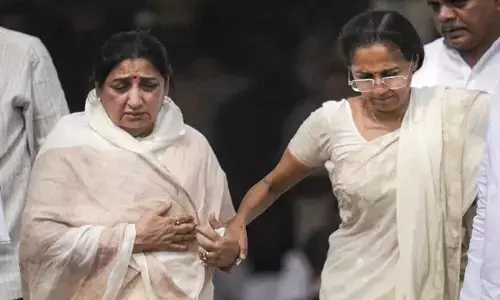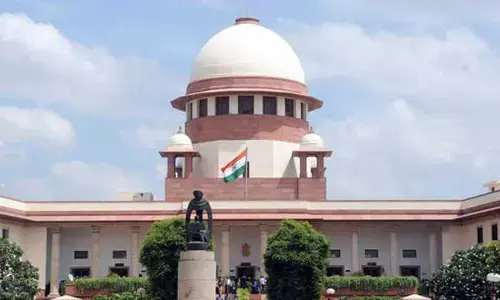Unneat NEET

The National Eligibility Cum Entrance Test (NEET) that decides the future of lakhs of aspiring students across the country is always caught in some or other controversy. The controversy this year is on lack of uniformity in question papers in different languages.
The National Eligibility Cum Entrance Test (NEET) that decides the future of lakhs of aspiring students across the country is always caught in some or other controversy. The controversy this year is on lack of uniformity in question papers in different languages.
Examination papers in some of the regional languages, especially Gujarati and Bengali, were more difficult than those in English and Hindi. However, the contention of Central Board of Secondary Examination (CBSE) is that experts have moderated the question papers to ensure that they are at easy, average and tough levels. The question of one question being tougher than the other does not arise, the CBSE defended.
But, the question of relative easy or tough character of a question cannot be exactly computed. It depends on student to student. The moot point, therefore, is that whether a national-level examination like NEET need or need not have a uniform question paper.
The CBSE argument that over 90 per cent of the students have written the examination in English and the remaining, nearly 10 per cent, wrote in Indian languages has no rationality as the principle of uniformity cannot be determined in terms of majority or minority students appearing in different languages.
The CBSE defence that the question papers in different languages were not uniform to avoid leakage is obnoxious. The academic decisions cannot be held hostage to administrative constraints.
The main purpose of holding the NEET is to provide a uniform playing field to all those aspiring for admission into medical colleges. When the question papers were not uniform, the relative merit of candidates in a common entrance test cannot be judged.
The NEET was envisioned to be a single entrance examination for admission into medical and dental colleges both in government and private sector on the lines of JEE in the case of engineering courses.
More than 11 lakh candidates appeared for the examination this year competing for over half a lakh seats in over 3000 colleges across the country which indicates the importance of NEET.
The NEET was held in nine different languages. Inconsistency in such an examination is highly reprehensible. The CBSE has already kicked up a controversy as it was compelled to reconduct the examination in Warangal in Telangana for 230 students as Hindi language question papers were issued to them instead of Telugu.
The government cannot be oblivious to the concerns of lakhs of students and their parents. Medical courses cannot be held hostage to the inefficiency of the authorities concerned. The objectives of NEET are noble. But, the manner in which the examination is conducted is certainly unneat.
The lakhs of students who invested their precious time and energy cannot be asked to pay for the lack of accountability of the CBSE. The judiciary and the government should immediately step in to stem the rot and clear the mess.
Any further delay would only jeopardise the interests of medical education in general and the future of so many students in particular.










